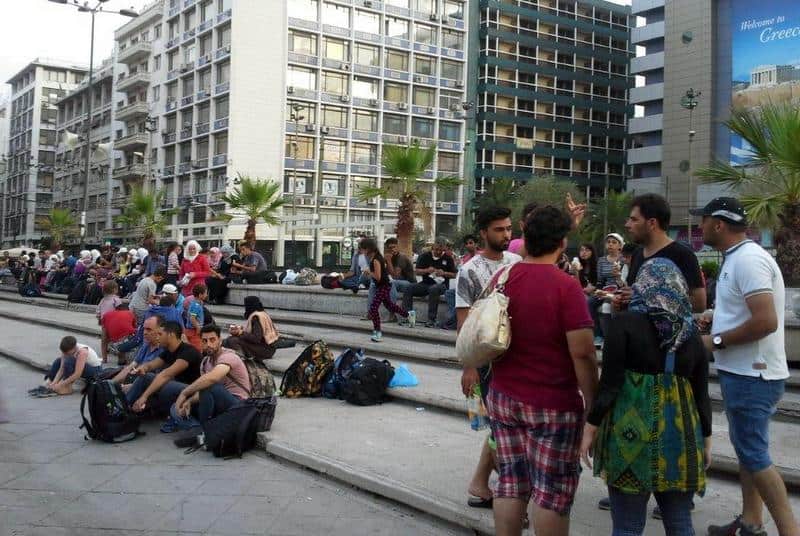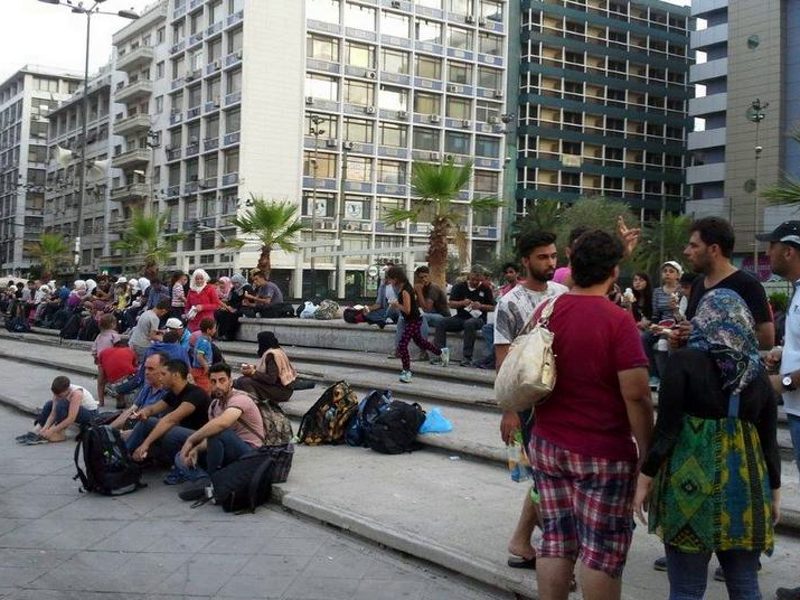
Greece's Minister for Migration Policy Dimitris Vitsas during a radio interview on Friday, said there are some 73,000 refugees and immigrants in Greece, of whom 25,000 live in apartments and houses; about 20,000 in 28 hospitality centres on mainland Greece; another 11,500 are at reception and identification centres; and another 2,000 are at Karatepe centre in Lesvos and island homes, while about 2,000 unaccompanied minors live in facilities of the Ministry of Labour, Social Security & Social Solidarity.
"Our big problem is Samos, due to an increase in turnout, but we have two programmes to decongest the island," Vitsas said; "in Greece, we have 550,000 economic migrants from before 2016, while in Athens, 20% of the population are economic migrants."
"We need to find solutions for the rest, as people who have been granted asylum until July 2017 have agreed with the UNHCR that they will get three monthly allowances, rent a home," says Vitsas.
The minister said that "the EU should address the peaceful resolution of armed conflicts and give financial support for development to the countries of origin of refugees and migrants," but equally as important, he said, is that border control be assessed under the Geneva Convention, "so as to share the burden evenly across the EU."
Commenting on the arrest of a suspected terrorist in Hungary, who had been granted asylum while in Greece, Vitsas said that profiling policies concerning asylum applicants are being re-evaluated since this incident, and added that "my job, the Citizen Protection Minister's job and the Greek Information Service's job is to take action, and we do take both action and measures. (...) We are taking full measures."
According to the Minister Greece is currently seeing a demanding migratory influx, saying that "we examined 60,000 asylum applications last year alone, and because of that we ask for a unified European of asylum standards," adding that Greece had a 16% increase in migration flows in the first quarter of 2019 on the islands but a decline in Evros," the minister said.
"There is a possibility of another increase in April, both on the islands and the Evros border region, but we are alert," concluded Vitsas.
Finally, Vitsas said that in the next two years Greece will see the introduction of some 20,000 refugees and migrants into its society and its economy, which will be achieved through programmes of Greek language, education and employment.


